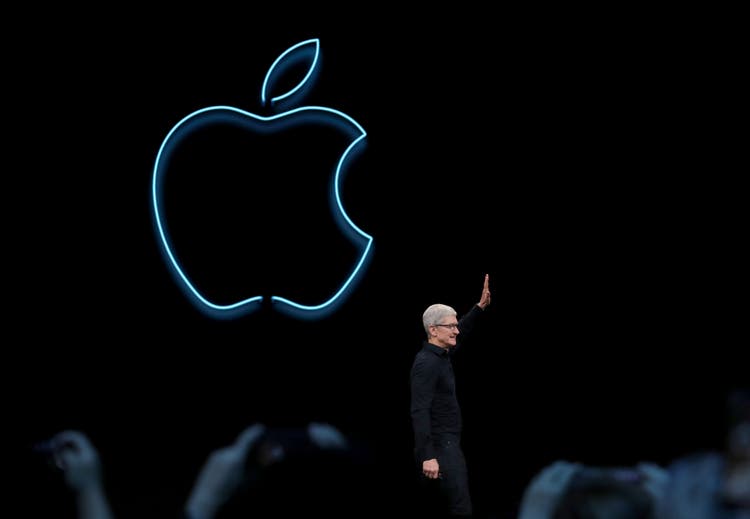Hizbollah fires rockets at Israel in ‘initial response’ to Hamas leader’s death
Unlock the Editor’s Digest for free
Roula Khalaf, Editor of the FT, selects her favourite stories in this weekly newsletter.
Hizbollah launched a barrage of rockets at northern Israel on Saturday in what the Lebanese militant group said was “part of the initial response” to the assassination of a senior Hamas militant in Beirut this week.
Hizbollah, which has been trading almost daily cross-border fire with Israel since the war between Israel and Hamas erupted in October, said that it had fired 62 rockets and hit the Meron observation post on the border between Lebanon and Israel. There were no immediate reports of casualties.
The Israeli military said about 40 rockets had been fired from Lebanon at the Meron area in northern Israel, and that it had retaliated by striking the cell responsible for the launches.
The exchange of fire came a day after Hizbollah’s leader, Hassan Nasrallah, said the Iran-backed group would retaliate for the killing of Saleh al-Arouri, the deputy political leader of Hamas. Arouri was killed in a suspected Israeli missile strike in Hizbollah’s south Beirut stronghold on Tuesday.
In an 80-minute televised address on Friday, Nasrallah said that if his group did not respond to the killing in its own backyard it would also find itself at risk. “We will not be quiet about this major violation” or else “all of Lebanon will be open to attack”, he said.
Tensions between Israel and Hizbollah, which is allied to Hamas, have been running high since the Palestinian militant group’s deadly assault on Israel on October 7, with repeated bouts of cross-border fire involving Israeli soldiers and Hizbollah fighters.
While the exchanges of fire have not escalated into a full-on conflict between the two sides, which fought a month-long war in 2006, they have stoked fears that the Israel-Hamas conflict could eventually trigger a broader regional conflagration.
In a bid to forestall such an escalation, officials from the US and other countries have been engaged in intense diplomacy, with US secretary of state Antony Blinken returning to the region this weekend for his fourth visit since the start of hostilities between Israel and Hamas.
Josep Borrell, the EU’s top diplomat, arrived in Lebanon on Friday to discuss “all aspects of the situation in and around Gaza, including its impact on the region, especially the situation at the Israeli-Lebanese border, as well as the importance of avoiding regional escalation”.
In recent weeks, Israeli officials have made clear that they could no longer accept the presence of Hizbollah, one of the world’s most heavily armed non-state actors, on their northern border.
In a meeting with US envoy Amos Hochstein on Thursday, Benjamin Netanyahu said that Israel was “committed to bringing about a fundamental change on its border with Lebanon, so that the residents of the north will return to their homes and live in safety and with security”.
The prime minister’s office added in a statement that he had told Hochstein that “we will not stop until this goal has been achieved, whether diplomatically, which Israel prefers, or in some other way”.
The US, UK and France have been exploring ways to persuade Hizbollah to withdraw its forces from the border, people briefed on the matter told the Financial Times last month. But they cautioned that the talks were at an early stage and there were still significant hurdles to overcome.
Source link



